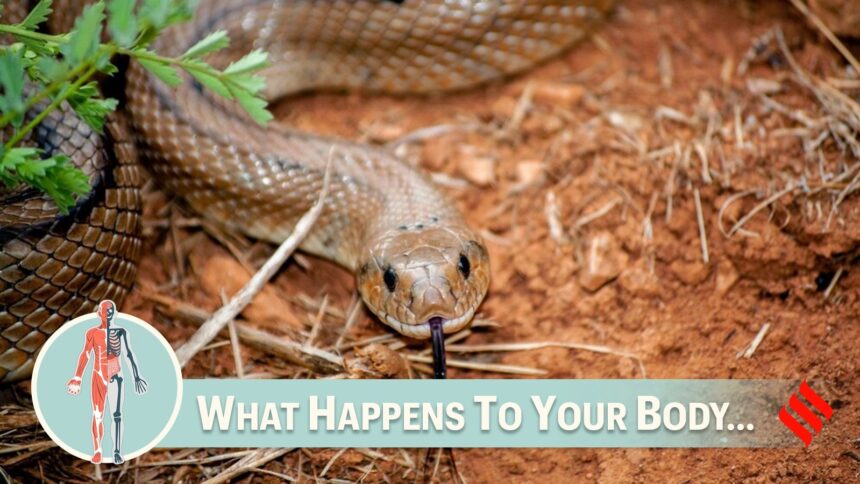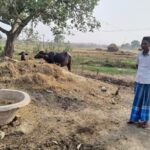For many living in or near rural or forested parts of India, the risk of a venomous snake bite is more than a what-if—it’s a very real and sometimes fatal emergency. Every year, India reports tens of thousands of snakebite deaths, many of which are preventable with the proper awareness and timely medical action.
To understand precisely what happens to your body and more importantly, what to do about it—we spoke to Dr Khushboo Kataria, Consultant, Critical Care at Kokilaben Dhirubhai Ambani Hospital, .
“The effects vary significantly depending on the type of snake and the nature of its venom,” explains Dr Kataria. Neurotoxic venom—found in snakes like cobras and kraits—primarily affects the nervous system.
“It starts with muscle weakness, followed by paralysis,” says Dr Kataria. “People may experience difficulty breathing, weakness in the limbs, unsteady walking, and visual issues like double or blurred vision.” This type of venom disrupts the transmission of signals between nerves and muscles, often making it hard for the victim even to keep their eyes open.
Hemotoxic venom, found in snakes such as the Russell’s viper and saw-scaled viper, attacks the blood and blood-clotting mechanisms.
“This can cause internal and external bleeding, tissue and kidney damage, low blood pressure, and an increased heart rate,” Dr Kataria explains. In some cases, this can lead to fatal haemorrhage or multi-organ failure.
Myotoxic venom, commonly found in sea snakes, directly attacks muscle tissue. “This leads to severe muscle breakdown and can also result in kidney damage,” adds Dr Kataria.
While not every venomous bite leads to death, fatalities can and do occur—particularly in cases of delayed or inadequate treatment.
“We do have anti-snake venom available in India,” says Dr Kataria. “But timing is critical. The sooner it’s administered, the more effective it is.”
Fatalities tend to increase due to:
“Precaution is key,” she adds. “Prompt medical intervention can be life-saving.”
Dr Kataria is clear: what you don’t do after a bite is just as important as what you do.
Here’s her first aid checklist:
According to Dr Kataria, you should avoid these dangerous practices:
“Get the person to the nearest medical facility immediately,” emphasises Dr Kataria. “Even if symptoms seem mild at first, the effects of venom can escalate rapidly.”
Misinformation and delayed care often lead to tragedy. “Education and preparedness,” says Dr Kataria, “are our best defences.”
DISCLAIMER: This article is based on information from the public domain and/or the experts we spoke to. Always consult your health practitioner before starting any routine.








